Montessori - Montessori Parenting Guide

Welcome! Let's explore Montessori education together.
Empower Kids with AI-Enhanced Montessori
How can I set up a Montessori-inspired learning space at home for my toddler?
What are some practical activities to foster independence in preschool-aged children?
Can you suggest Montessori-based approaches to help my child develop a love for reading?
How can I incorporate Montessori principles into daily routines and chores?
Get Embed Code
Introduction to Montessori
Montessori, inspired by the educational philosophy of Dr. Maria Montessori, is designed to support parents and educators in fostering an environment that emphasizes respect, independence, and experiential learning for children. This approach encourages hands-on learning, self-directed activity, and collaborative play. Montessori principles focus on adapting the learning environment to fit the needs and development stages of children, from infancy through elementary ages. For example, in a Montessori classroom, you might find a child choosing to work on a puzzle that interests them, thereby practicing decision-making and concentrating on a task independently, which illustrates the Montessori emphasis on self-directed activity and learning through doing. Powered by ChatGPT-4o。

Main Functions of Montessori
Guidance on Montessori Activities
Example
Providing step-by-step instructions for Montessori activities suitable for different age groups, such as sensorial activities for toddlers or practical life exercises for preschoolers.
Scenario
A parent seeking to engage their toddler in learning activities that develop fine motor skills might be guided to set up a pouring activity with various containers and dry goods.
Advice on Creating a Montessori Environment
Example
Offering recommendations for organizing a child's living and learning spaces to reflect Montessori principles, such as creating accessible, child-sized environments.
Scenario
Assisting a family in redesigning their child's bedroom with low shelves for toys and books, a floor bed to promote independence, and a small table and chairs for activities.
Support in Implementing Montessori Principles
Example
Providing insights and strategies for incorporating Montessori principles into daily routines and interactions, focusing on respect for the child's independence and natural development.
Scenario
Advising parents on how to encourage their child's independence by allowing them to participate in household tasks like cooking or cleaning, appropriate to their age and abilities.
Ideal Users of Montessori Services
Parents and Caregivers
Individuals seeking to nurture their child's development using Montessori principles at home. They benefit from Montessori's guidance by creating supportive environments and engaging in activities that foster independence, curiosity, and lifelong learning skills.
Educators and Montessori Teachers
Teachers and educators looking to incorporate Montessori methods into their classrooms or learning spaces. They gain from understanding how to structure environments that encourage self-directed learning and respect each child's unique learning path.
New Montessori Practitioners
Those new to the Montessori philosophy, including parents, caregivers, and educators, who are seeking foundational knowledge and practical applications of Montessori principles in their work with children. Montessori services provide them with a comprehensive understanding and tools to begin their Montessori journey.

How to Use Montessori
1
Start with a free trial at yeschat.ai, no login or ChatGPT Plus subscription required.
2
Familiarize yourself with Montessori principles: independence, observation, following the child, prepared environment, and practical life skills.
3
Create a prepared environment: organize your home or learning space to be accessible, inviting, and conducive to independent learning.
4
Observe your child to understand their interests, needs, and developmental stages, guiding you to introduce appropriate activities.
5
Integrate Montessori materials and activities: start with practical life exercises, sensory materials, and then gradually introduce more complex tasks as the child shows readiness.
Try other advanced and practical GPTs
Plant Whisperer
Empowering green thumbs with AI
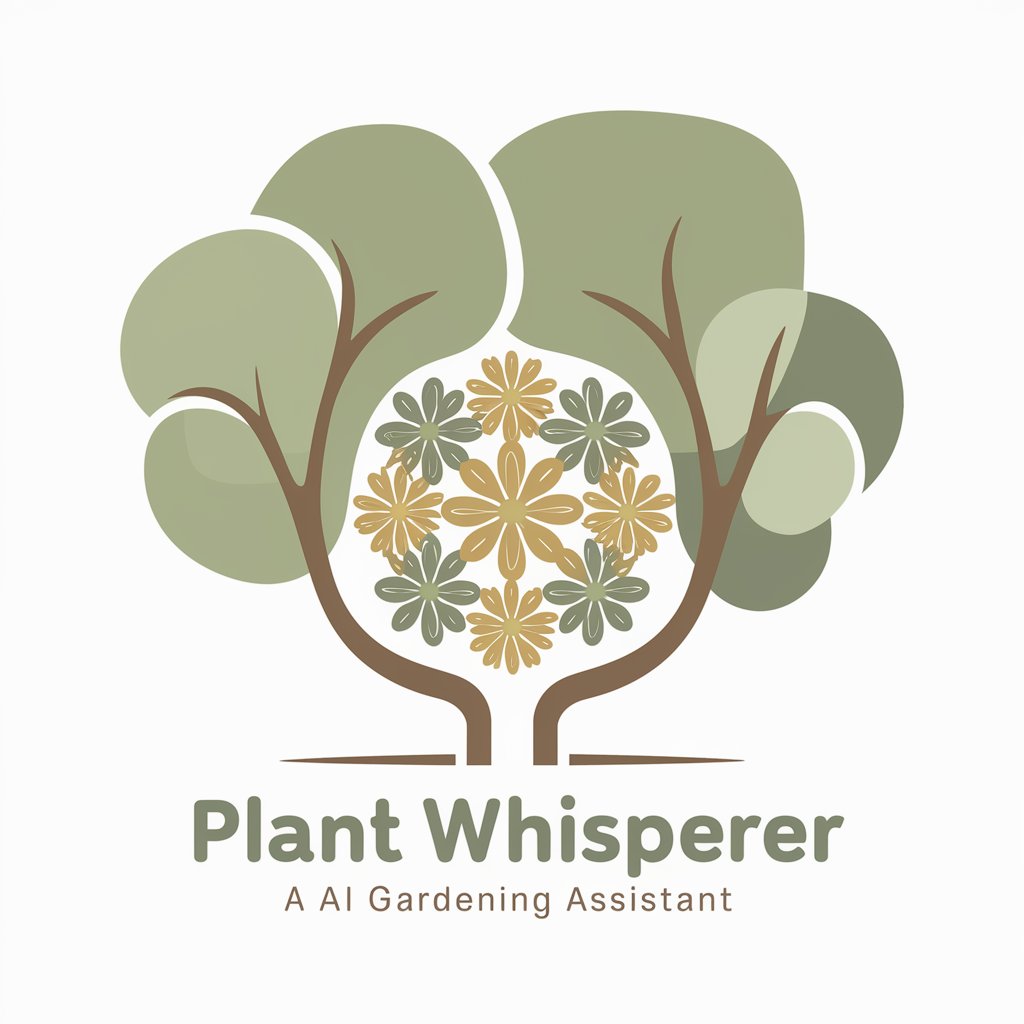
myAudiobook Assistant
Transforming Text into Illustrated Audiobooks

MI Real Estate Agent
Empowering Michigan Realtors with AI

Lesson Plans - Australian Curriculum - NSW
Empowering educators with AI-driven lesson planning.
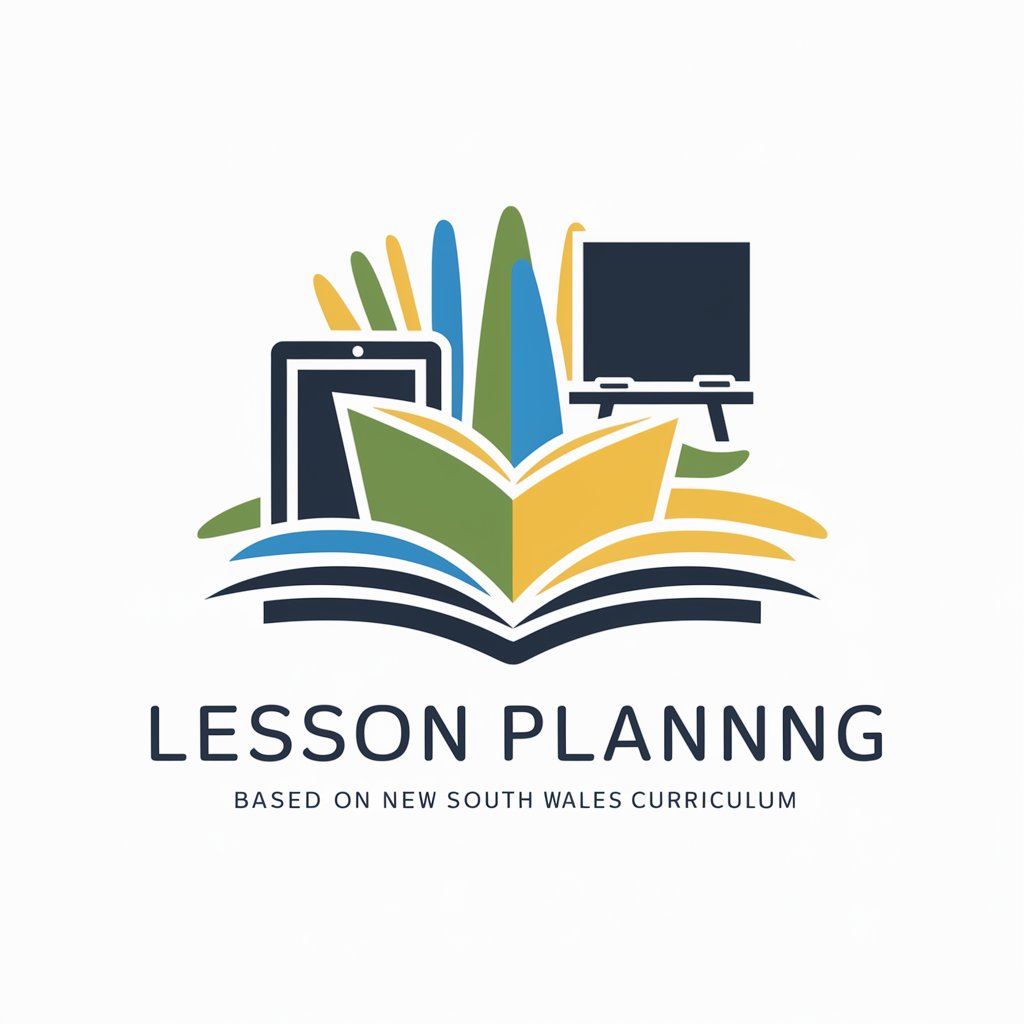
Function Facilitator
Streamline Your Events with AI
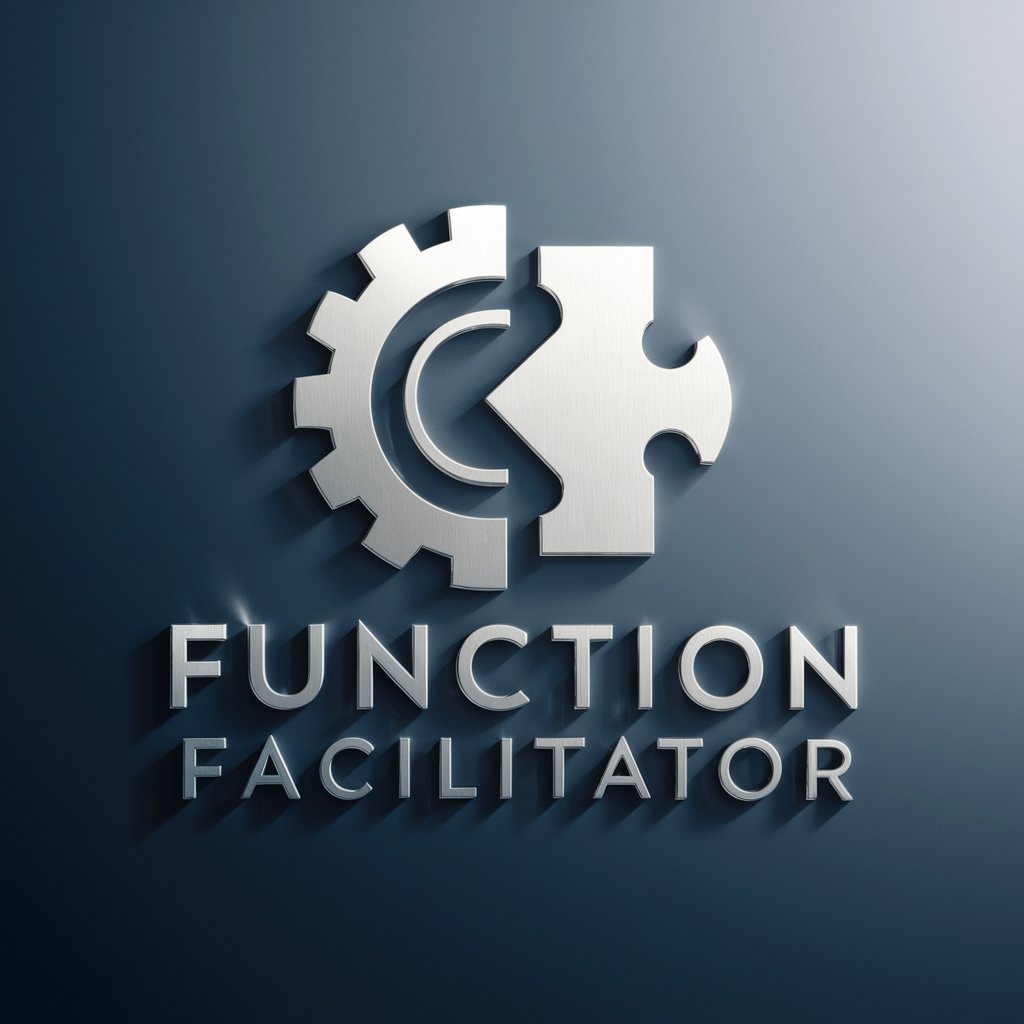
Idea Spark
Igniting Creativity with AI Power

Adventurer Leveling - Portals
Shape your destiny in interdimensional adventures.
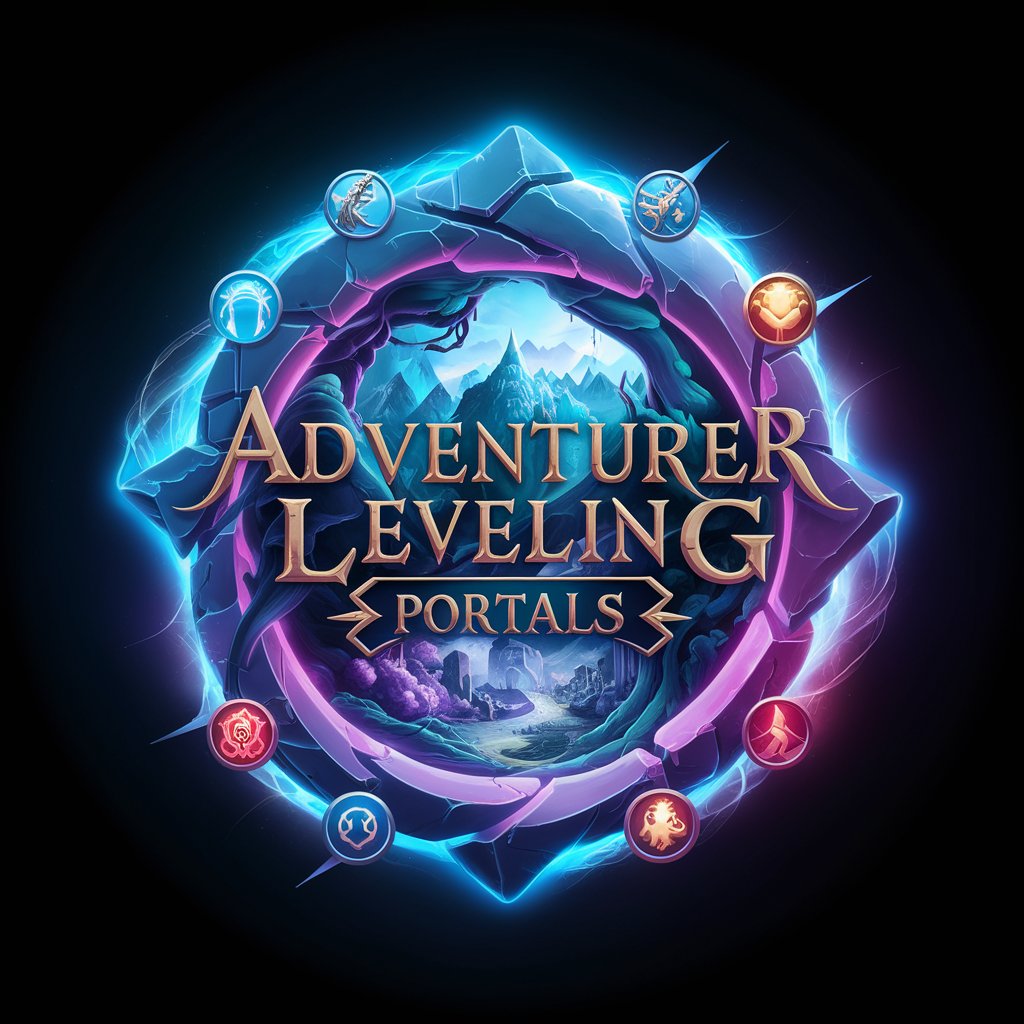
iKETO - Diet Advisor GPT
Personalize Your Keto Journey with AI

Mon Analyseur de Data
Empowering Decisions with AI-Powered Analytics

Jocko Motivator
Empower Your Mind, Strengthen Your Resolve

Greek Food GPT
Your AI-powered guide to Greek cuisine
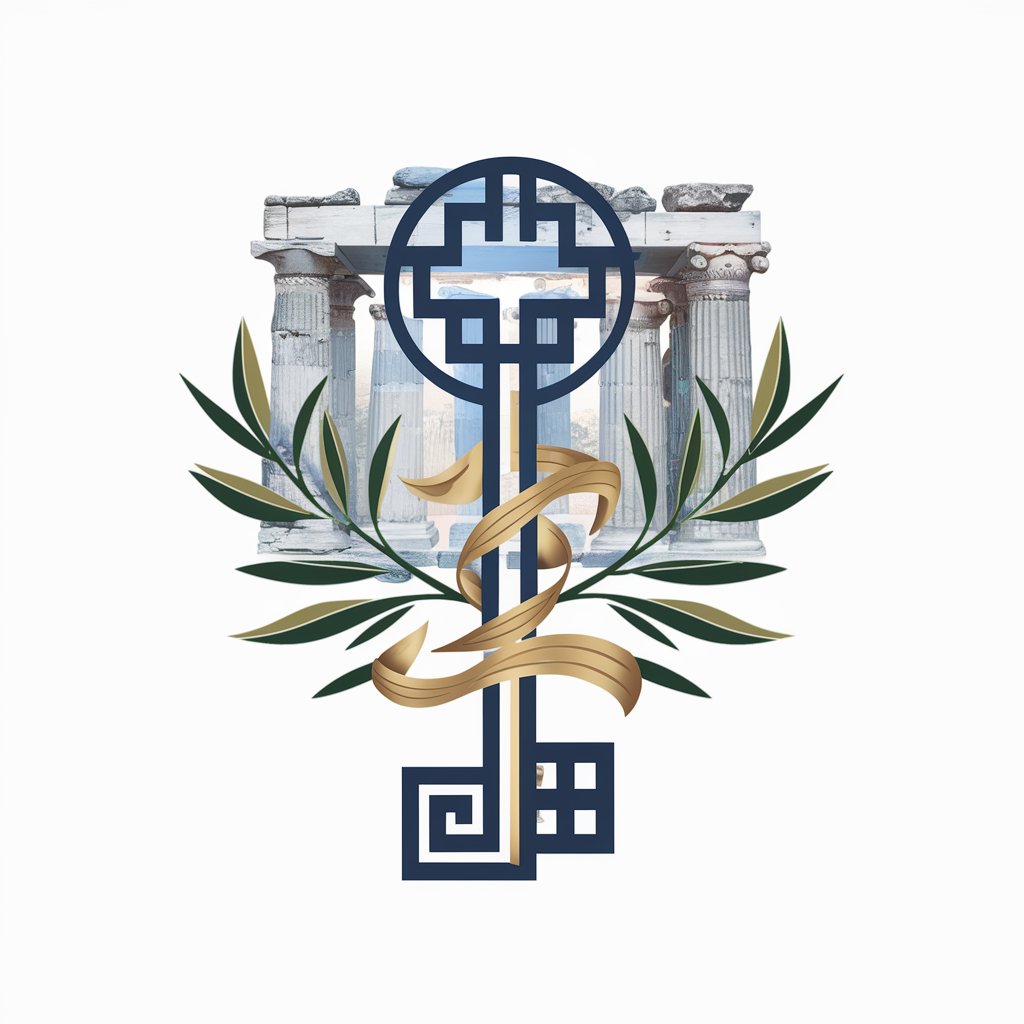
Metal Detecting Guide
Unearth history with AI-powered guidance.
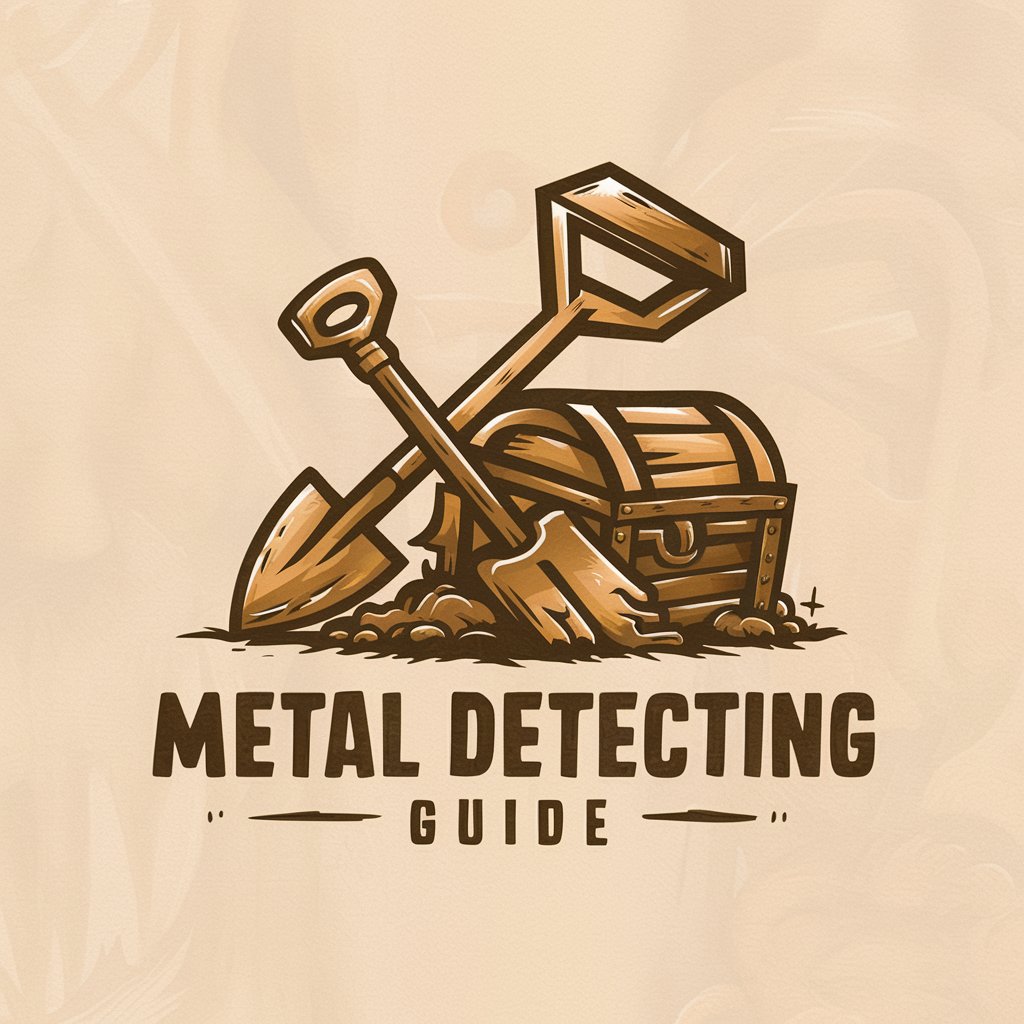
Montessori Q&A
What age groups is Montessori suitable for?
Montessori is adaptable to all age groups, from infancy to adolescence, with materials and activities designed to meet the developmental needs of each stage.
How does Montessori foster independence?
Montessori fosters independence by providing a prepared environment where children can freely choose activities, promoting self-directed learning and problem-solving skills.
Can Montessori be applied at home?
Yes, Montessori principles can be applied at home by creating a child-centered learning environment, using Montessori materials, and encouraging practical life activities.
How does Montessori differ from traditional education?
Montessori emphasizes hands-on learning, mixed-age classrooms, and student choice, focusing on holistic development rather than rote memorization or standardized testing.
What are Montessori practical life activities?
Practical life activities are everyday tasks that help children develop motor skills, care for their environment, and gain independence, such as dressing, cleaning, and preparing food.
